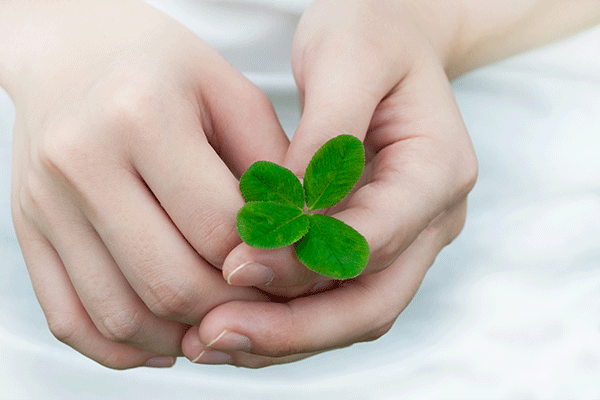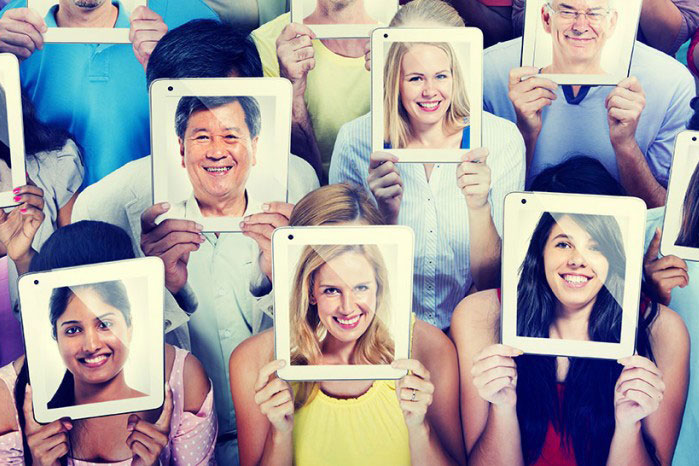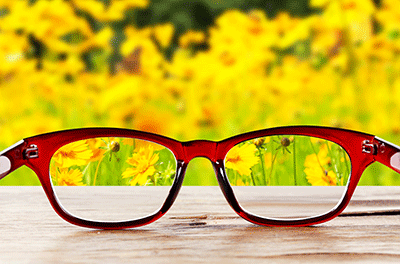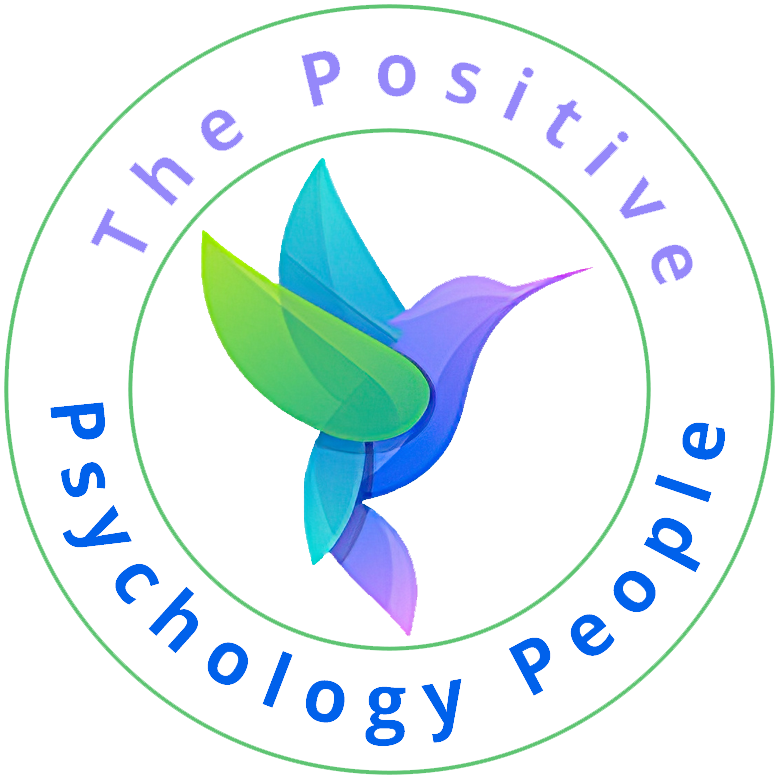
by Dan Collinson | December, 2015 | BNU
Are some people luckier? Have you noticed that some people seem to experience more good luck than others? Why is that? Are they just lucky so-and-so’s or might they actually be able to ‘attract’ good luck? Books such as The Secret may sell you the idea of a universal ‘law of attraction’, in which ‘like attracts like’ and that positive thoughts will bring positive things your way, and negative thoughts attract negative events. Personally, I’m not convinced. However, that’s not to say there is nothing we can do to influence our luck. As someone who has spent an unhealthy amount of time exploring the concept of luck, or more specifically, the psychology of luck (I did a PhD on the topic!), I’ve come to the conclusion that ideas drawn from positive psychology might just shed some light on the matter. It’s all part of a project called ‘Go Luck Yourself!’, which you can find out more about, and even participate in, here. To give you a flavour of the project, consider these 5 simple, yet effective, ways to change how you think about luck and see how they have the power to transform your luck experiences… Embrace ‘luck’ So many things in life are uncertain, unexpected and unplanned. Most days will involve events like this, big or small. The challenge (indeed, the fun!) is to embrace these events and acknowledge that much of what happens to us is down to luck, good and bad. Notice it. Accept it. Embrace it. The ‘good luck mindset’ If you tend to expect good luck rather than bad, you may find that you’re...

by Dan Collinson | September, 2015 | BNU
A Positive Community of Practice? Can The Positive Psychology People become a community of practice for positive psychology? The dramatic growth in the number of registered members of The Positive Psychology People in the last few months has been remarkable, and it has left me asking this question. (And I believe the answer is an emphatic ‘yes’!) What is a Community of Practice “Communities of practice are groups of people who share a concern or a passion for something they do and learn how to do it better as they interact regularly.” (Wenger-Trayner & Wenger-Trayner, 2015, p.1) The concept of ‘communities of practice’ (CoP) emerged out of Jean Lave and Etienne Wenger’s (1991) monograph discussing apprenticeship and ‘situated learning’, where they argue that learning is essentially a social process and note how practitioners of certain disciplines form communities to share knowledge and experience. Does this sound familiar? Isn’t this what The Positive Psychology People is all about? Unpacking it a little further, three aspects of the CoP are of central importance – The domain; the community; the practice: Community of Practice Domain The CoP has a shared domain of interest. This is an easy one: the shared domain for The Positive Psychology People is positive psychology. If we wanted to be a little more specific about this it would be the ‘study, application, research, and promotion of positive psychology’. Tick. The Community The notion of community is of course central to the concept of CoP. Here, a community is reflected in shared activities, sharing of knowledge and experiences, and an underlying sense of support and help for members of...

by Lesley Lyle | April, 2015 | BNU, My Journey with a MAPP, self-development
Sometimes, people ask me if my life has changed since I enrolled on the MSc Applied Positive Psychology course (MAPP) at Bucks New University. The answer is no, my life has changed very little. However, the way I see my life and the world around me changed completely and so, paradoxically, the answer is also yes, my life is completely different. In metaphoric terms, it is rather like how I see the world when I put on my reading glasses; I can see without them but wearing them removes the blur, bring things into focus and I see things much clearer. Of course, it also means I’m forced to see things that would otherwise be easy to overlook – my wrinkles when I look in the mirror, the dust upon the shelves and the calorific value on the labels of my favourite foods for instance. This is a similar experience as a result of the MAPP course; I’m more aware of strengths and virtues but with that comes the knowledge that I have sole responsibility for every aspect of how I feel and what I do with my life. I can no longer blame my circumstances, other people and lack of opportunities if I fail or feel out of sorts. If happiness and health are choices, then logic would suggest that so too are their opposites. This is how I view my life nowadays and frankly, sometimes it can feel uncomfortable. The emotional crutch of victim thinking and blaming others has been removed and sometimes I hobble, but it is worth it to experience the more frequent feelings of...




